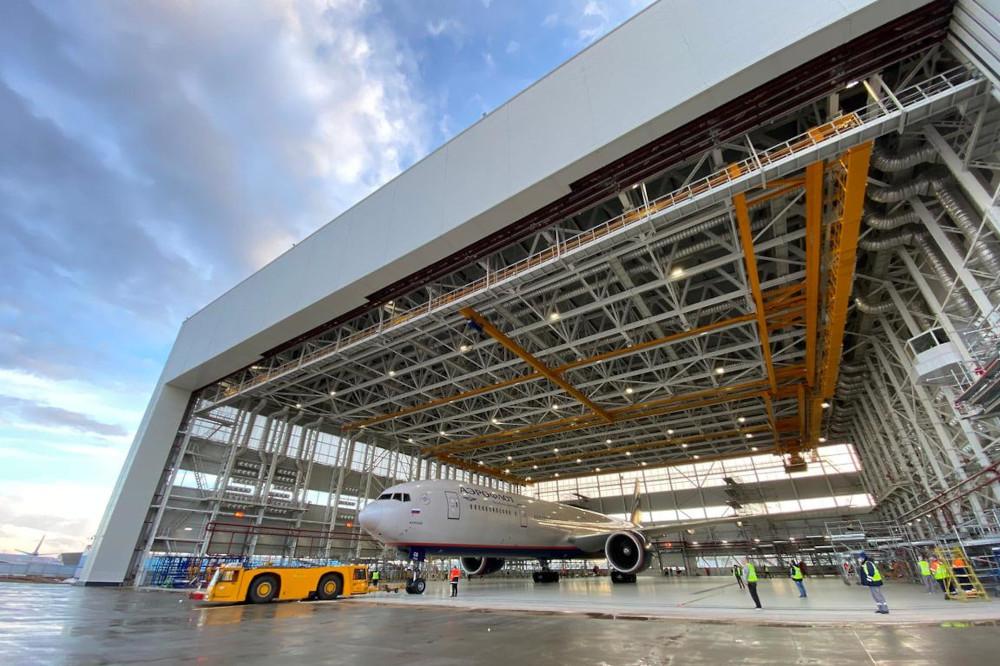
When the U.S. and Europe imposed wide-ranging aviation sanctions on Russia almost 18 months ago, many observers expected them to cripple the country’s commercial airline business over time, with mounting numbers of aircraft rendered inoperable or unsafe to fly due to a lack of spare parts.
However, just as Russia’s economy managed to work around sanctions, so have its airlines and maintenance providers.
Extensive research by Reuters published last month has shown that rather than relying on cannibalization of their existing fleets for parts, Russian airlines have managed to source equipment through intermediates in countries that have not signed up to sanctions, such as the United Arab Emirates, Turkey, China and those in the Central Asia region.
Indeed, this is exactly what Russian airlines said they would do in the wake of sanctions being imposed after the invasion of Ukraine.
“We have found some solutions, which I will not talk about now. Nevertheless, there are options, they are quite civilized,” the technical director of Ural Airlines told Russian media in March 2022 (translated from Russian).
“The materials that are offered to us pass according to airworthiness standards—both European and domestic ones,” he told RIA Novosti.
"Companies have already been found that are ready to repurchase spare parts for us from Boeing and Airbus," another Russian aviation source told the news site at the time.
Fast-forward 18 months and Reuters analysis of customs records indicates that Russian airlines have imported at least $1.2 billion worth of parts since May 2022.
Furthermore, the Russian commercial aircraft fleet—which is mostly composed of Western aircraft—is back to operating at almost pre-war numbers when allowing for the 75 aircraft that lessors managed to repossess.
So far, there does not appear to have been much impact on safety either, with zero fatal and only two non-fatal accidents registered by the International Air Transport Association in Russia in 2022.



